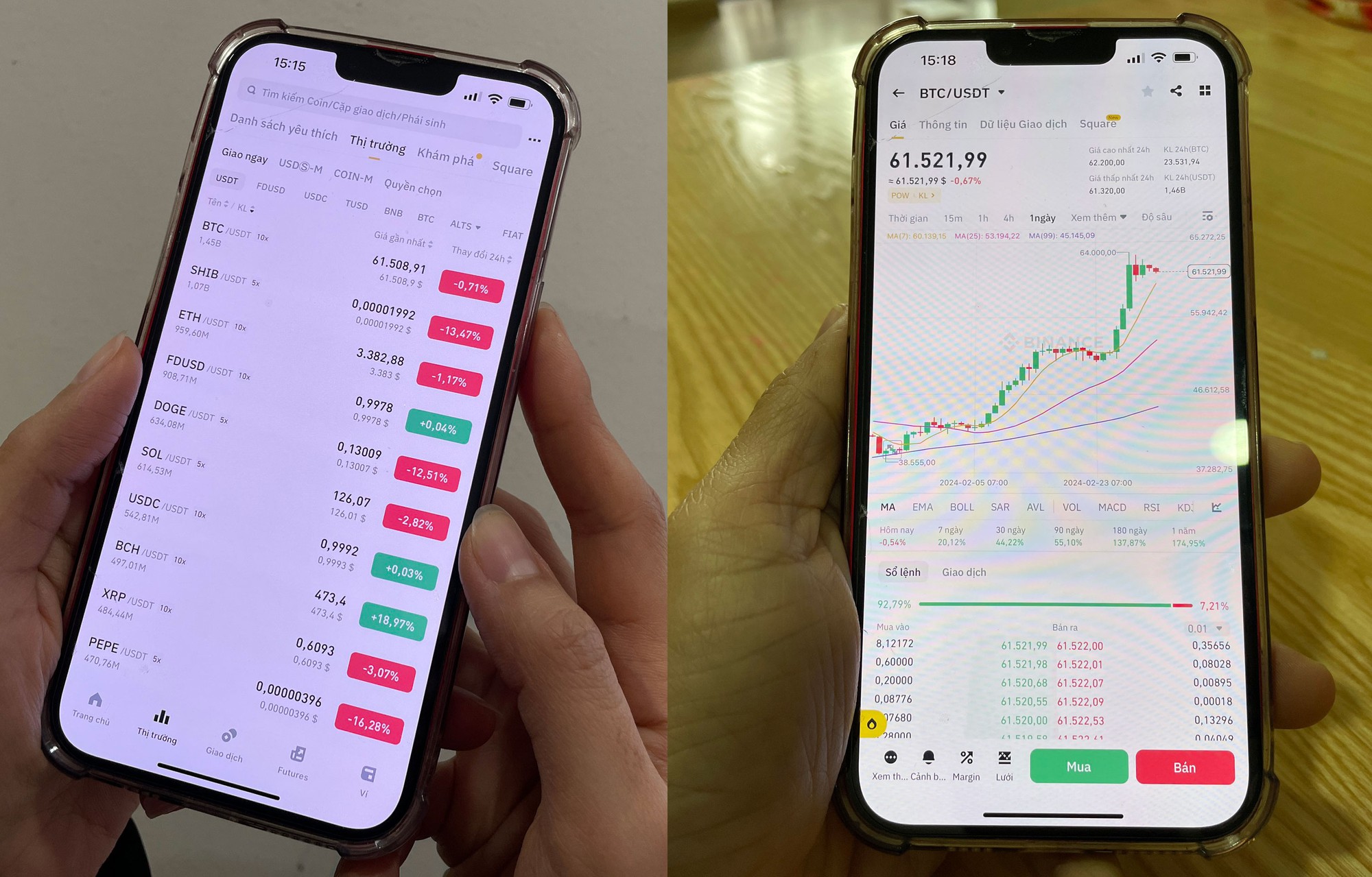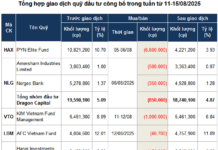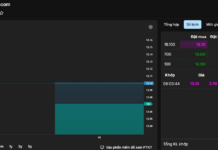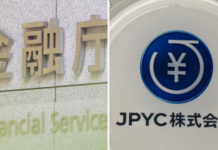According to the recently issued National Action Plan on Anti-Money Laundering and Counter-Financing of Weapons, the Government has required the Ministry of Finance and related ministries and sectors to complete the construction of a legal framework to prohibit or regulate virtual assets and virtual asset service providers by May 2025.
Request from practice
In 2017, the Prime Minister approved a project to improve the legal framework for managing and handling virtual assets, cryptocurrencies, digital currencies, and assigned responsibilities to related ministries and sectors such as the Ministry of Justice, Ministry of Finance, and the State Bank of Vietnam. However, there are still legal gaps in this rapidly developing field.
Since the beginning of 2024, the price of Bitcoin has increased by nearly 37%, reaching the milestone of $64,000/BTC (equivalent to VND 1.57 billion). Meanwhile, the latest statistics from Crypto Crunch App – an application in the US that collects information on cryptocurrencies – show that Vietnam has nearly 26 million people who own cryptocurrencies, ranking third in the world, after India and the US.
Despite the lack of a legal framework, trading and exchanging cryptocurrencies in Vietnam are vibrant through international exchanges. Popular cryptocurrencies such as Bitcoin and Ethereum are being traded and invested by many individuals.

Trading and investing in cryptocurrencies are currently conducted through international exchanges. Photo: MINH PHONG
Mr. Nguyen Dung Minh (in Hanoi) said that trading cryptocurrencies such as Bitcoin and Ethereum is currently quite simple through exchanges, with various methods. Among them, many individuals in Vietnam invest in cryptocurrencies using peer-to-peer (P2P) trading – which is the direct buying and selling of cryptocurrencies between users without intermediaries.
Lawyer Bui Anh Tuan (Hanoi Bar Association) views cryptocurrencies and virtual assets as complex areas related to technology, security, ownership, etc. Moreover, many countries have not clearly expressed their views on this type of asset, so building a legal framework requires great caution. However, lawyer Tuan affirms the necessity of having a legal framework to manage these activities, as cryptocurrency trading and investment activities are occurring daily. When a legal framework for cryptocurrencies and virtual assets is established, it will serve as the basis for managing related transactions, ensuring tax obligations, resolving disputes, and preventing fraud. It will also help to prevent money laundering and terrorist financing through cryptocurrency transactions.
Careful research
A representative of the Ministry of Finance said that it has assigned its agencies, including the State Securities Commission, to collaborate with relevant ministries and sectors in researching and constructing a legal framework for cryptocurrencies and virtual assets, meeting the set schedule. The Ministry of Finance also acknowledges that cryptocurrencies and virtual assets are difficult areas and “relatively sensitive” in Vietnam.
Meanwhile, according to the Ministry of Justice, some countries ban cryptocurrencies and virtual assets, while others allow them to operate with certain conditions. This agency also acknowledges that although cryptocurrencies and virtual assets have certain risks, they also have many potentials and opportunities. Therefore, the legal framework needs to ensure a balance between these aspects.
Economist – Dr. Le Dang Doanh believes that in the era of digital economy, if we lag behind in policy research, we may fall behind. “Delaying the construction of a legal framework for cryptocurrencies and virtual assets may lead to difficulties in management. Digital assets are assessed as having great potential and being a trend. If we fail to manage them in a timely manner, opportunities may pass us by,” emphasized Dr. Doanh.
According to Dr. Le Dang Doanh, a comprehensive study needs to be conducted to identify the legal nature of cryptocurrencies and virtual assets, thereby having a concept of this type of asset. Dr. Doanh explicitly stated that at present, investment in cryptocurrencies is quite active but due to the lack of a legal framework, tax management cannot be implemented in this field. Therefore, these factors need to be considered by the ministries and sectors when building a legal framework for regulating cryptocurrencies and virtual assets.
Cryptocurrencies and virtual assets are complex issues with many underestimated risks. Therefore, lawyer Bui Anh Tuan suggests considering the experimental construction of a legal framework for virtual assets, applying it to specific groups instead of a broad application. Among them, establishing ownership rights for virtual assets is one of the important issues that need to be considered.
Be cautious about transaction risks
According to the Vietnam Blockchain Association, in April 2023, the European Parliament passed the Markets in Crypto-assets Regulation (MiCA), requiring crypto-assets service providers to implement measures to protect consumers and improve governance, while expanding the entities subject to anti-money laundering regulations. Meanwhile, in the UK, the Money Laundering and Terrorist Financing Regulation Number 5 (regarding cryptocurrency transfers) took effect on September 1, 2023.
The Vietnam Blockchain Association believes that the Government needs to promote the establishment of principles and regulations, as well as ensure transparency and responsibilities in managing virtual assets and providing virtual asset services. For users, it is necessary to research and carefully consider legal, market, and technological risks before investing or trading virtual assets at this time.


































